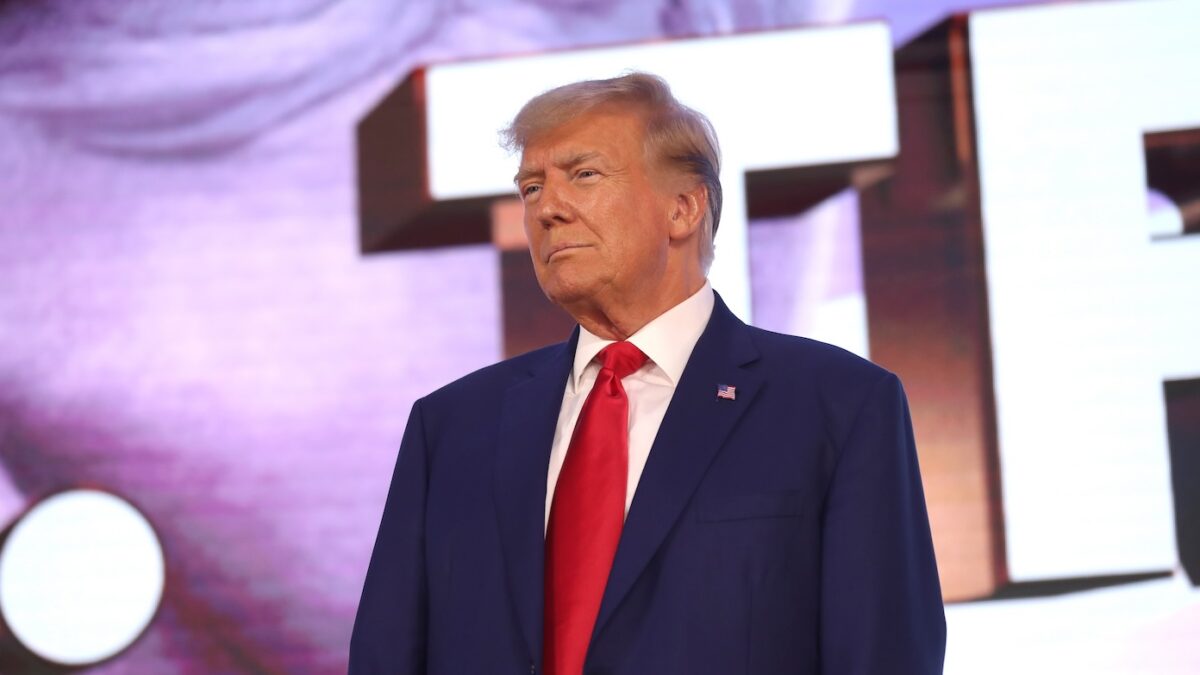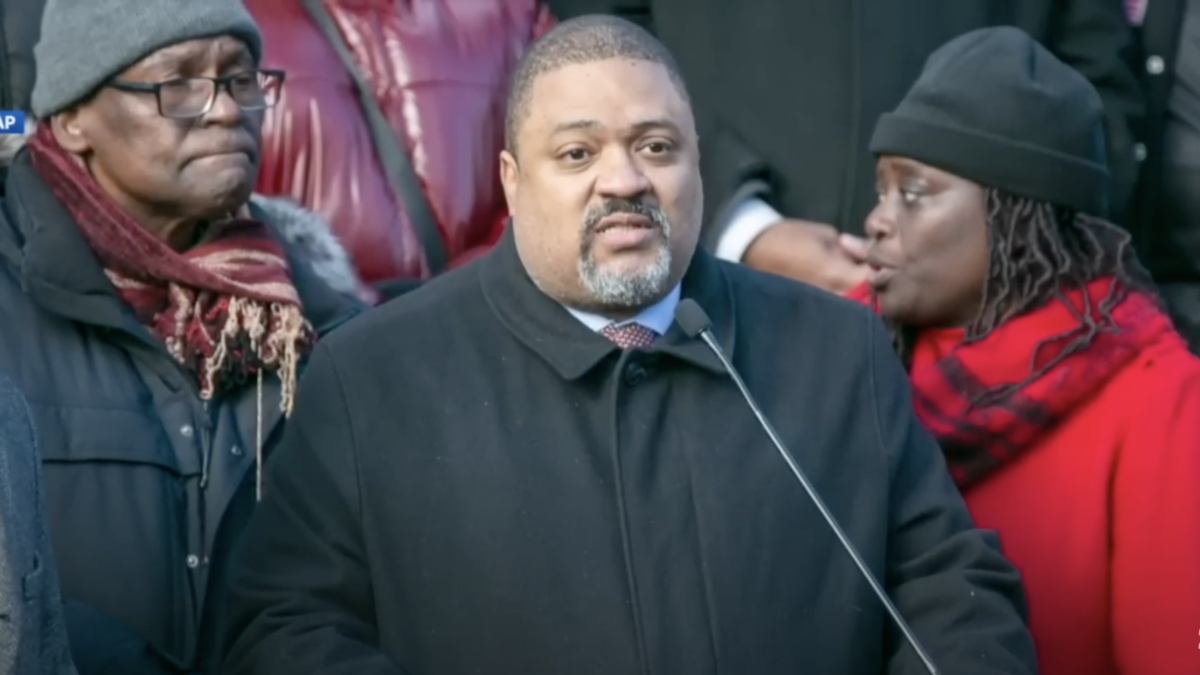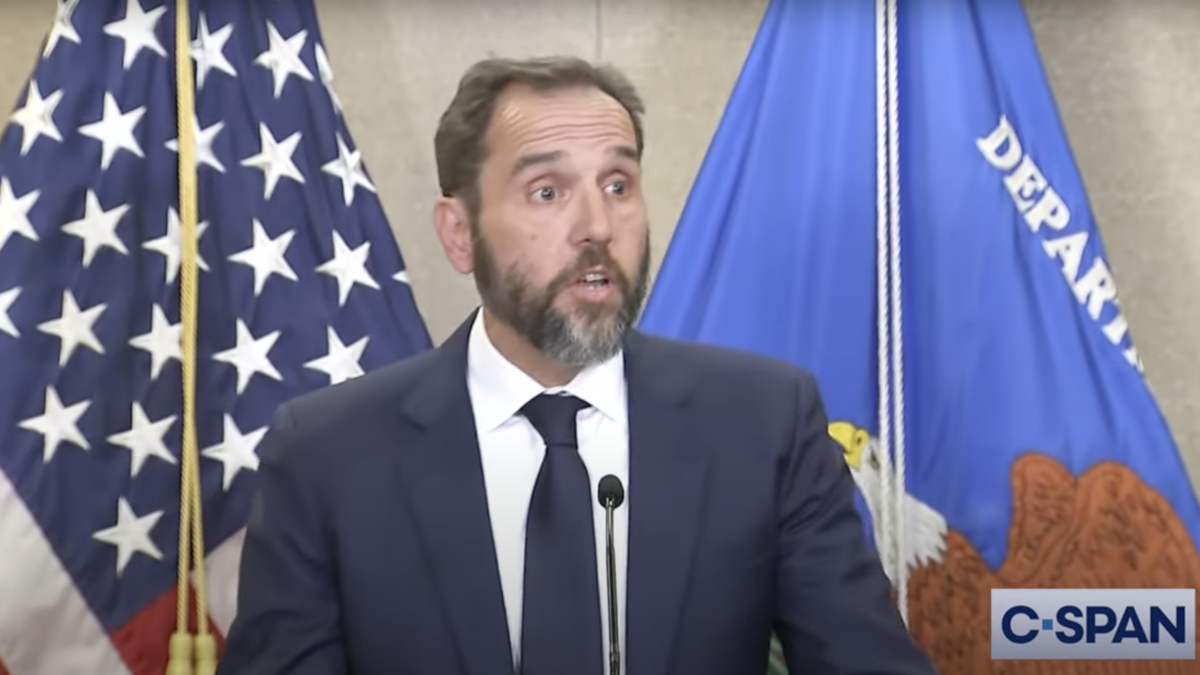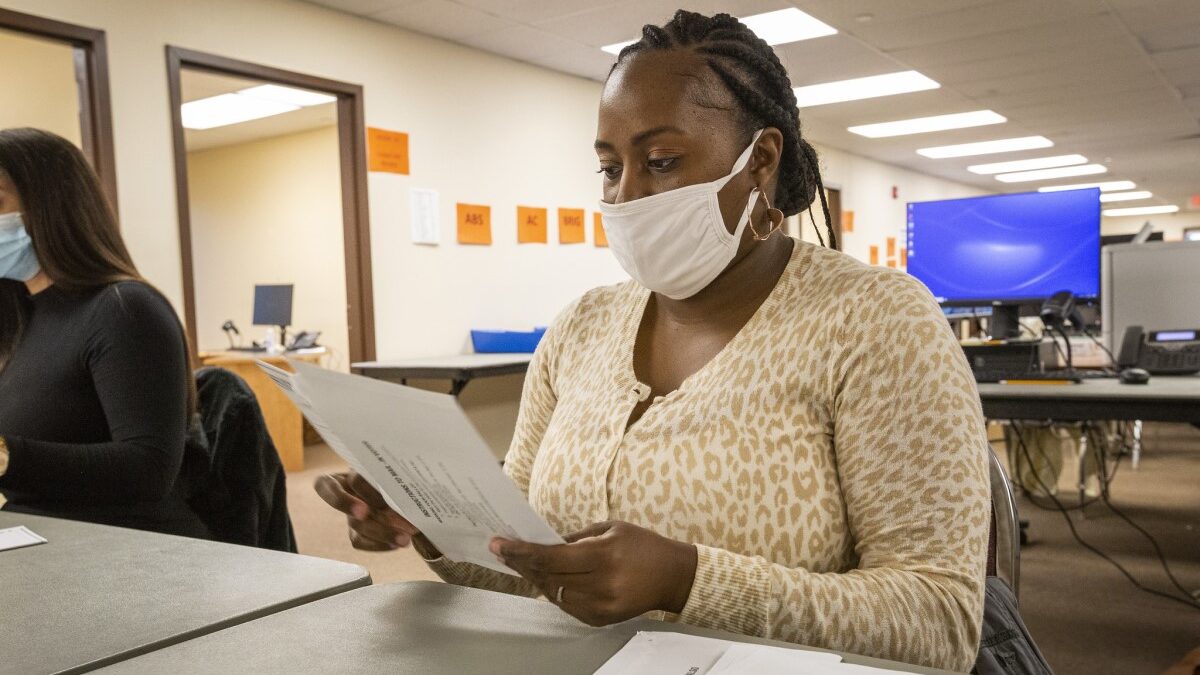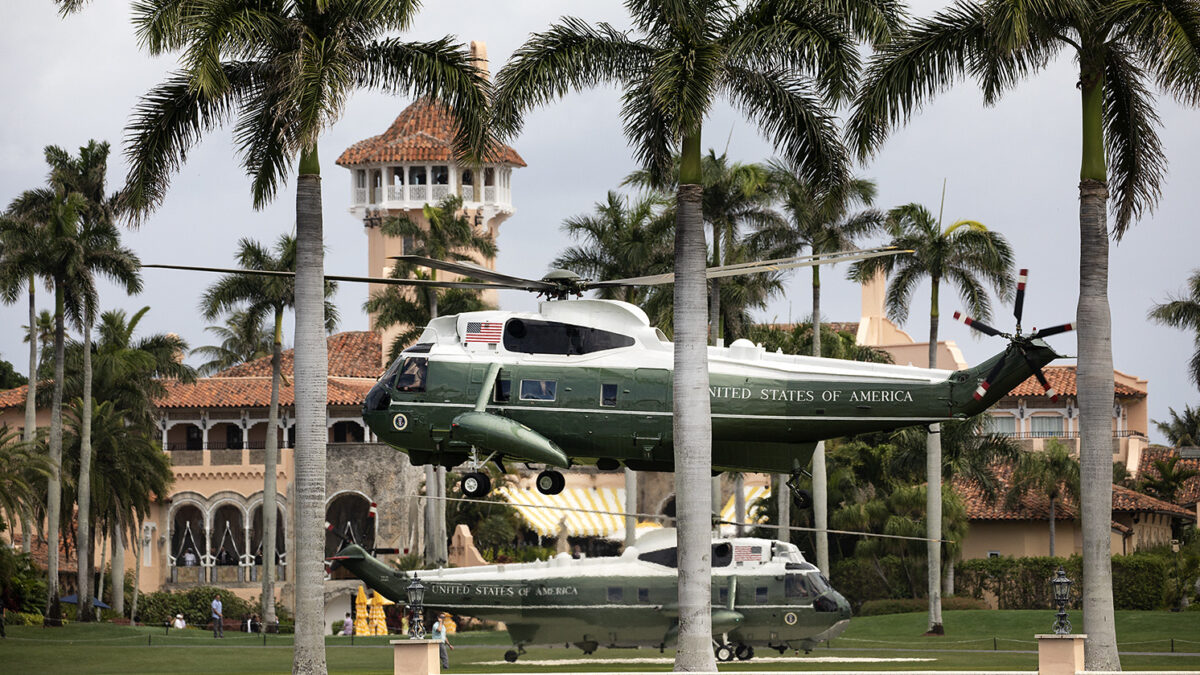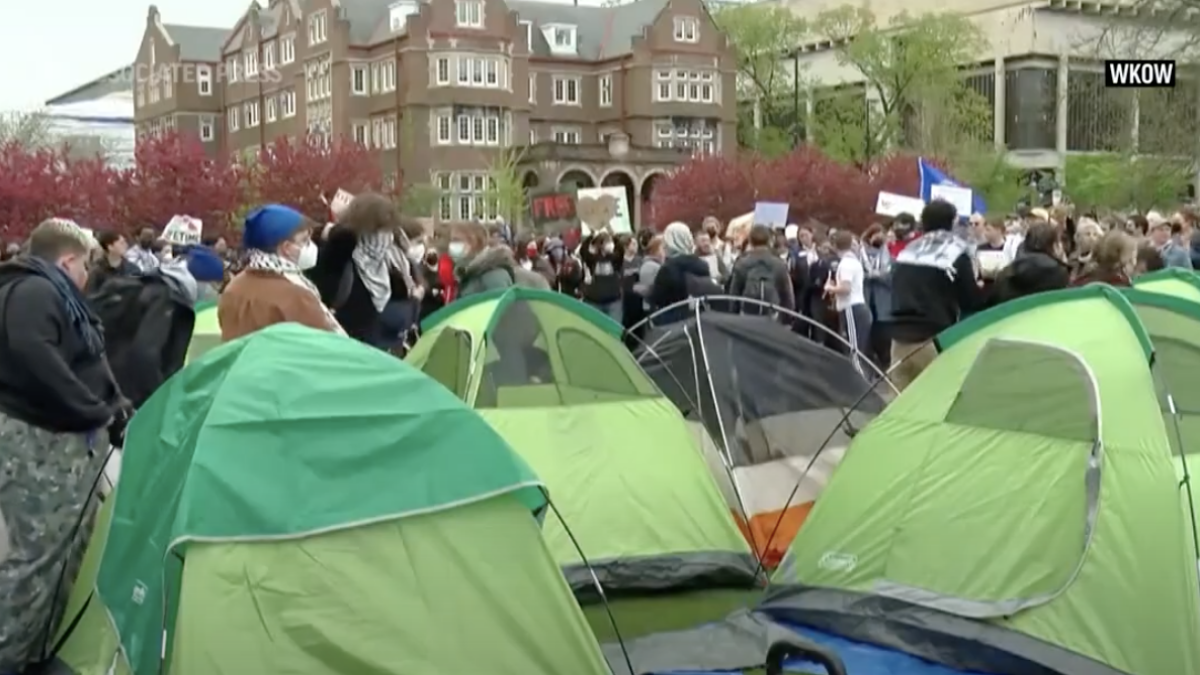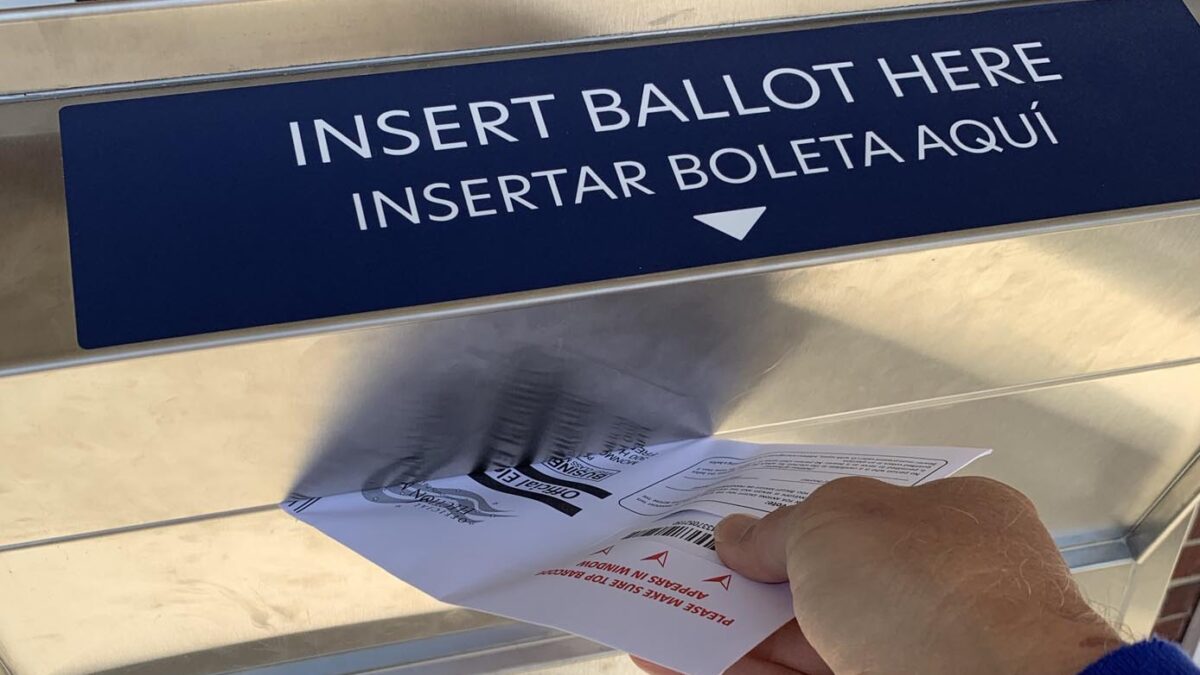The first Trump trial is here, set to begin on Monday, with the allegation being that the former president violated New York law by having his company misreport payments to Stormy Daniels as “legal fees” rather than campaign expenditures.
Much of the commentary on the case — at least from those defending the former president — has consisted of accusations that Manhattan District Attorney (DA) Alvin Bragg is abusing his power on a political vendetta and that Judge Juan Merchan is a biased partisan. These accusations go to the heart of the rule of law and should not be made lightly. But equally important, they do not address whether Trump is actually guilty as charged, and that is the question soon to be before a jury. Better, then, to assume the good faith and professionalism of the public officials involved and explain why the DA’s case is wrong as a matter of law.
Misreporting business expenses is normally, at most, a misdemeanor. Bragg seeks to ratchet it up to a felony here by arguing that the misreporting was done to cover up a crime. That alleged crime is a violation of the Federal Election Campaign Act (FECA). The theory is that Trump’s payments to Daniels were campaign expenditures and thus needed to be publicly reported as such. By not reporting the expenditure, the theory goes, Trump prevented the public from knowing information that might have influenced their votes.
There is one big problem with this theory: The payments to Daniels were not campaign payments.
In Bragg’s defense, FECA does define a campaign expenditure as any payment, “for the purpose of influencing an election.” And there is certainly some evidence that Trump agreed to a nondisclosure deal with Daniels, at least in part, to keep her from telling her story during the closing days of the campaign — i.e., to “influence an election.”
But let’s think about this for a minute. Political candidates do things all the time that are “for the purpose of influencing an election,” but that, nonetheless, are not considered campaign expenditures. For example, a candidate cannot buy a new suit, get his teeth whitened, or pay for cosmetic surgery with campaign funds, even if he does so for the purpose of looking good on the campaign trail.
That’s because, in campaign finance law, these types of expenditures are known as “personal use.” FECA specifically prohibits the conversion of campaign funds to personal use, defined as any expenditure “used to fulfill any commitment, obligation, or expense that would exist irrespective of the candidate’s election campaign.”
The provision is a core part of the law. A candidate cannot use a campaign contribution to buy an expensive watch, no matter how good it will make him look on the campaign trail or how much it will help him stay on schedule. He can’t buy a cashmere top coat, even if he feels he needs it for door-to-door campaigning in the wintry cold of the New Hampshire primary. Campaign contributions must be used for obligations that exist solely because of the campaign — think campaign staff and headquarters, advertising, travel to campaign events, polling, focus groups, speech writers, and such. They can’t be used to buy the candidate anything that might in some way be helpful to his campaign.
The Federal Election Commission’s regulations emphasize that the standard for determining if something is “for the purpose of influencing an election” is an objective one. It is the nature of the expense, not the subjective intent of the candidate in making the expense, that determines if something is a legitimate campaign expense or an illegal “personal use.”
Closer to home, a business man/candidate could not use campaign funds to pay bonuses to employees, even if his primary purpose was to burnish his image as a benevolent employer to enhance his electoral prospects. A candidate cannot use campaign funds to pay a lawyer to seal divorce records or settle lawsuits against companies he might own, even if the primary purpose is to keep information out of the limelight “for the purpose of influencing the election.”
This approach is common sense. Does anyone really think a candidate should be able to use campaign funds to settle lawsuits, or threatened lawsuits, arising from activities that occurred long before his candidacy? It’s stressful being a candidate, and a little relaxation may make the candidate more effective on the stump. Does that mean your campaign contribution should pay for a candidate massage? How about a country club membership, or tickets to the Super Bowl (after all, the candidate might take along a potential donor)?
All of these things should be personal use, despite the candidate deciding to make the purchase or expenditure because it might help with the campaign. If they are not personal use, however, then they can be paid with campaign funds. Is that what we want? Campaign donors buying the candidate club memberships, tickets to athletic events, and expensive new wardrobes? Or paying for nondisclosure agreements to settle civil matters?
Herein lies the most frightening part of this prosecution: Had Trump made these payments with campaign funds, it seems a near certainty he would now be facing criminal charges for a knowing and willful diversion of campaign funds to pay personal obligations. If Bragg’s prosecution is successful, it will mean a candidate can use campaign funds to pay almost any obligation that, the candidate might argue, would benefit his candidacy. Perhaps worse, zealous prosecutors could get a candidate coming or going — falsification of records if campaign funds are not used, and illegal personal use if campaign funds are used.
It is Trump, not Bragg or Merchan, who is about to go on trial. He has a defense on the merits, and his supporters should use it.
